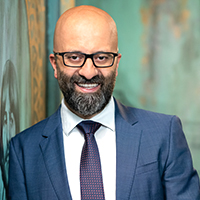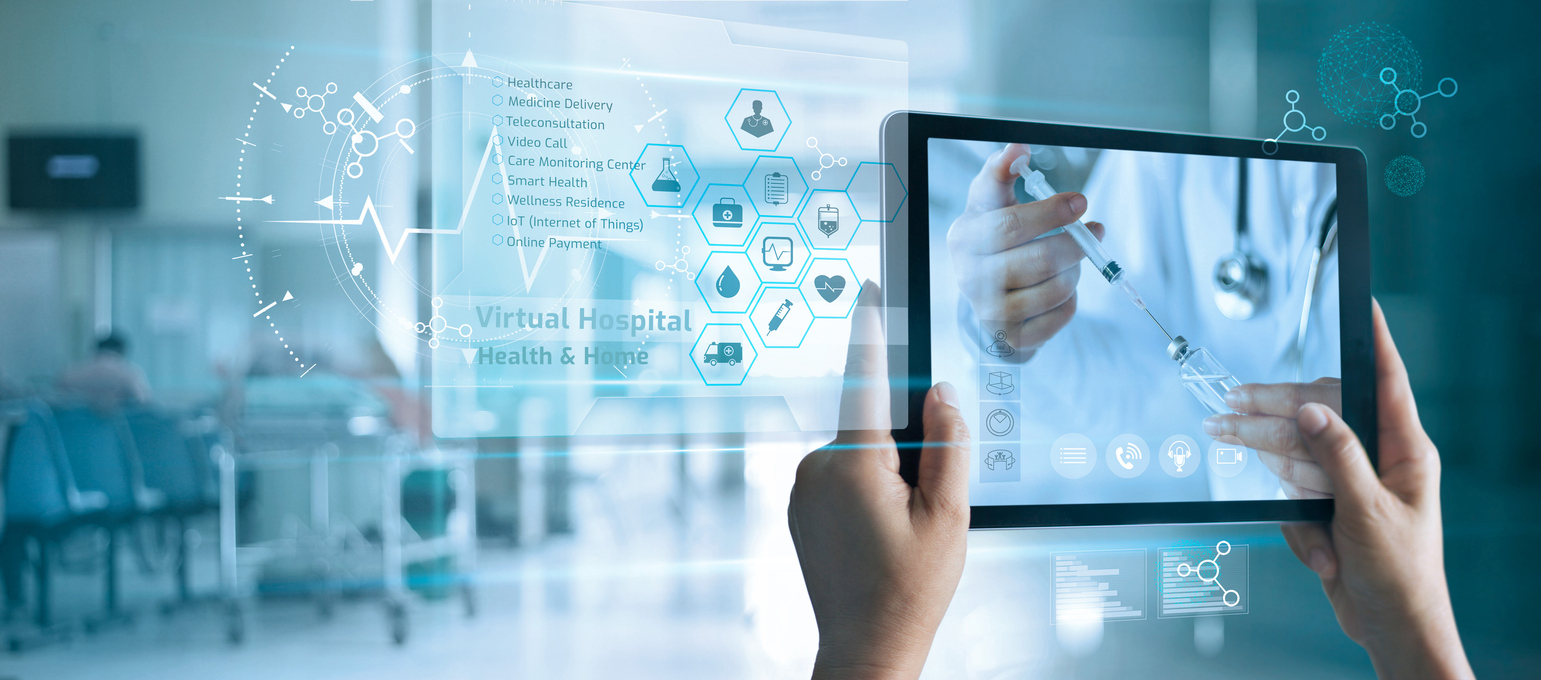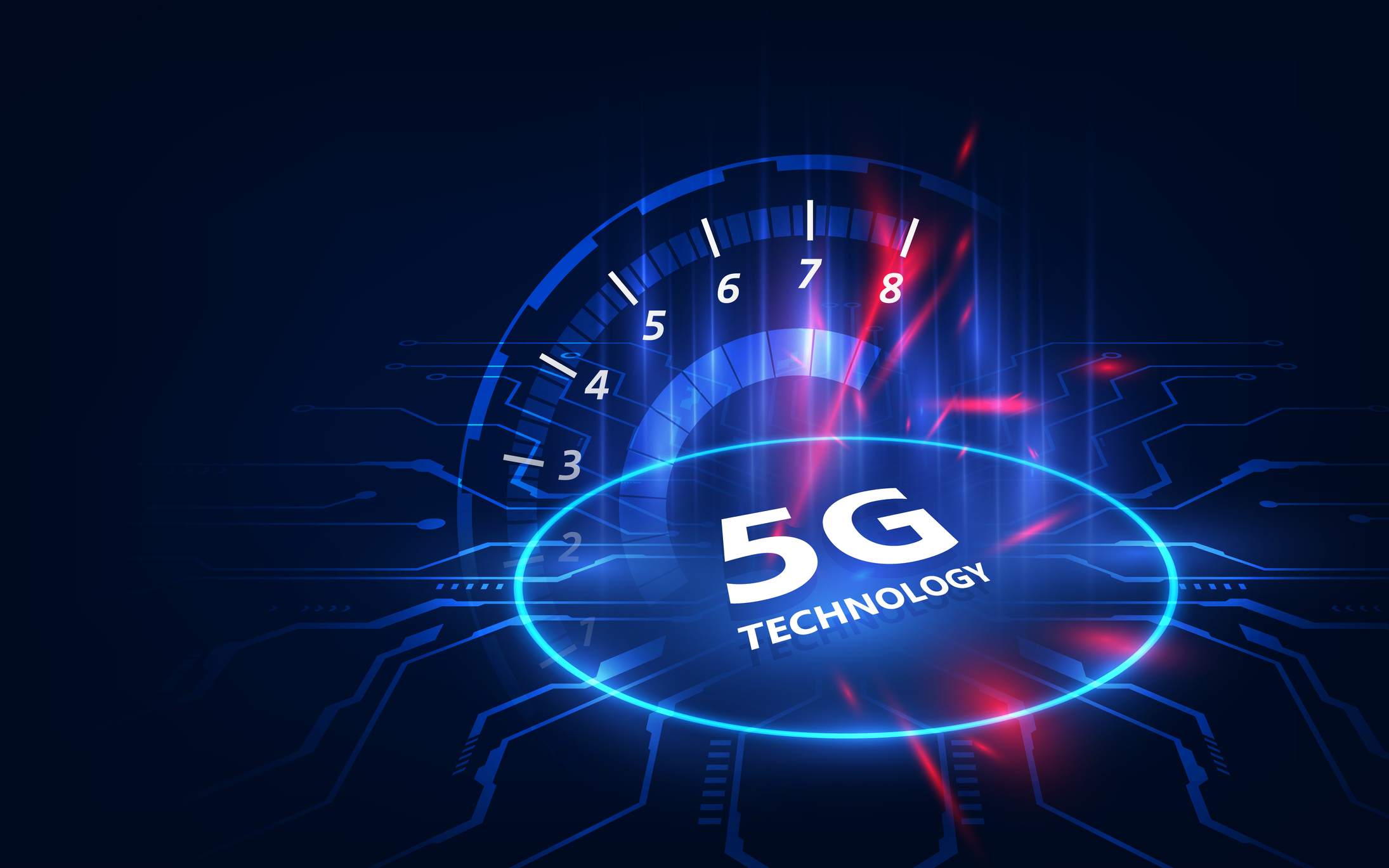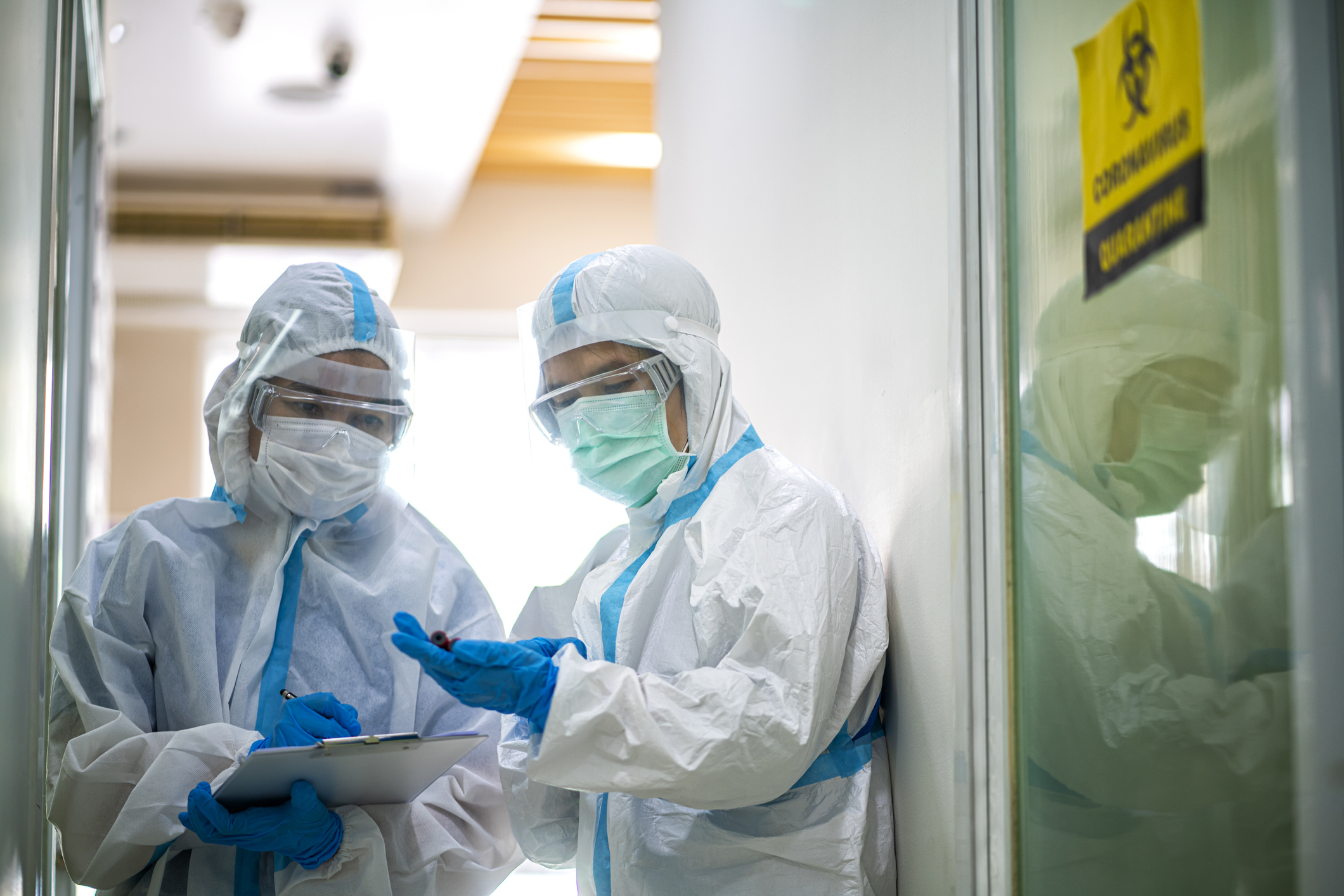The advent of the Dictaphone at the turn of the 20th century was a huge step forward in technology – everyone from journalists to doctors benefited from this incredible device that could record conversations, to be later transcribed to print. Particularly in the medical industry, the creation of audio recording devices suddenly made it possible for physicians to outsource their transcribing work, thus beginning the profession of healthcare documentation as we currently know it[1].
Fast forward to 2015, and, like so many technological advances, it can now be replicated on a smartphone. Our devices are smaller, faster, simpler and more accurate, however there still lies that dreaded, time-consuming step – physically transcribing the spoken word to the written word. Surely, over a century after its original incarnation, we can do better than that.
The next natural step is speech recognition technology. While not new, it has had its issues. From customers trying to communicate with computerised assistants on the phone, to the iPhone’s Siri function, to the transcription text you see on a TV screen when watching the news, frustrations around the efficacy, or lack thereof, of speech recognition technology is well documented. From the many conversations I have had with Healthcare Professionals, there seems to be a consensus that voice-to-text devices are not worth the hassle, and the potential time saved in transcribing doesn’t make up for the frustration of misheard words and medical terms.
Clinic To Cloud has taken on this challenge using using Origin Speech powered byNuance SpeechMagic, a voice recognition engine which is phonetics based, UK English, gender specific, medical dictionary voice recognition engine and our advanced letter management workflow to bring the most efficient transcribing service to your smart phone.
What smartphone dictation means for HCPs:
- Speed – cutting out the middle man of physical transcription means you can get things done more efficiently, and spend more time with patients
- Accuracy – new technology is smarter than ever, with the ability to ‘learn’ from the user, and understand technical medical terms
- Reliability – you are linking the letter to the patient file at the point of dictation giving you peace of mind
- Flexibility – ability to dictate from your Smartphone (iOS or Android), anywhere, anytime
We all know that medical transcription is a dying art and outsourcing, especially if the file is going offshore comes, with significant risks to you. New trends in the clinical practice are not necessarily just fads, and should be harnessed and embraced by all HCPs. Just like the early doctors who took a risk with a new technology and reaped the rewards. Make technology work for you – harnessing the power of our letter management module and mobile applications with speech recognition technology can literally save you hours, days, even weeks, worth of time and money and rid you of the burden of the ever lingering letter. Get your letters out the same day with Clinic To Cloud, Nuance and Argus




